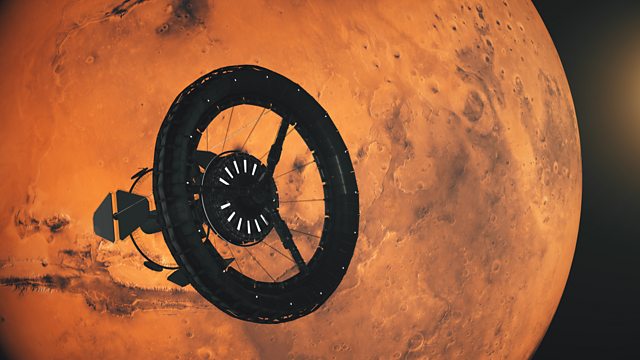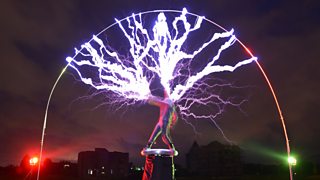Mars: A history of the Red Planet
The exploration of Mars is a global story, with many countries developing technology that could help tell us how life on Earth began and whether we’re alone in the universe.
With three separate missions exploring the Red Planet in 2021, Mars is once again under the spotlight. But to tell the truth, it’s never been away. Mars has fascinated people for centuries with its seemingly curious motion in the night sky, its red colour and the eternal question as to whether it may or may not harbour life, past or present.
Since the 1960s, robotic exploration of Mars has provided us with evidence that it may have had periods where it was once a warm and wet planet. That’s in contrast to the arid, cold celestial object we know today. The harsh Martian atmosphere presents challenges for anyone hoping to land humans on the planet. But nevertheless, the next few decades could potentially see either a private commercial operator, a national space agency or an international partnership make history with the planet’s first human exploration. Some have even argued that’s a first step to ‘terraforming’ or populating Mars in the future.
Bridget Kendall is joined by Michael Meyer, the lead scientist for NASA’s Mars Exploration Programme; Sarah Stewart Johnson, Associate Professor of Planetary Science at Georgetown University and author of The Sirens of Mars; Jorge Vago, the Scientist for Mars Missions at the European Space Agency, and curator Matthew Shindell from the Smithsonian National Air and Space Museum in Washington, DC.
Produced by Fiona Clampin for the �鶹������ҳ��� World Service.
[Image: Creative image of the space station orbiting Mars. Credit: Cokada via Getty Images]
Last on
Broadcasts
- Thu 26 Aug 2021 09:06GMT�鶹������ҳ��� World Service
- Thu 26 Aug 2021 23:06GMT�鶹������ҳ��� World Service
- Sun 29 Aug 2021 13:06GMT�鶹������ҳ��� World Service
Featured in...
![]()
Scientists, theories and discoveries—The Forum
People and principles that helped us understand how our planet - and our universe - work
Podcast
-
![]()
The Forum
The programme that explains the present by exploring the past



